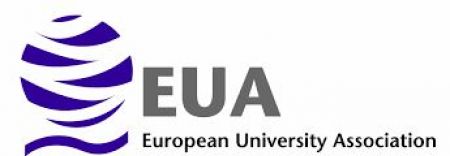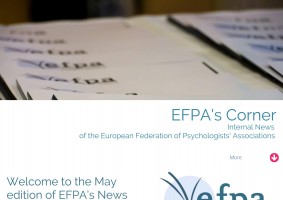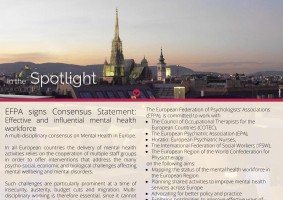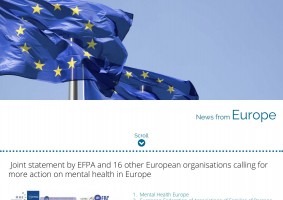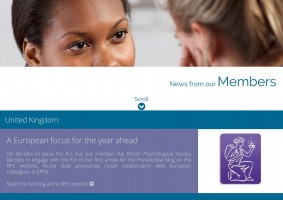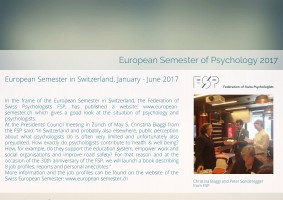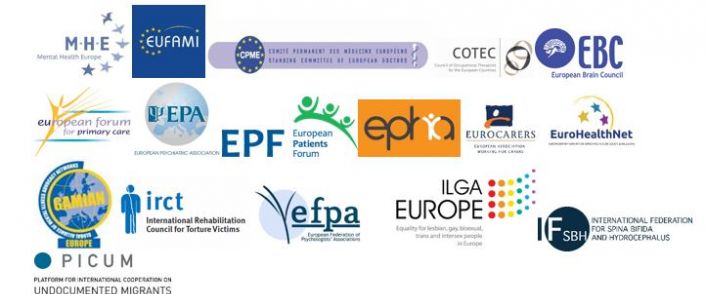
The Statement was developed by Mental Health Europe MHE and EUFAMI in collaboration with 17 organisations that are active in the field of mental health, including EFPA, through the EU Health Policy Platform.
They are concerned by the mental health of millions of Europeans and have several proposals about how the services and support they receive can be improved and supported by the European Union.
- Mental Health Europe
- European Federation of Associations of Families of Persons with Mental Illness (EUFAMI)
- Council of Occupational Therapists for the European Countries (COTEC)
- Eurocarers
- EuroHealtNet
- European Brain Council (EBC)
- European Federation of Psychologists’ Associations (EFPA)
- European forum for primary care (EFPC)
- European Patients’ Forum (EPF)
- European Psychiatric Association (EPA)
- European Public Health Alliance (EPHA)
- European Region of the International Lesbian, Gay, Bisexual, Trans and Intersex Association (ILGA Europe)
- Global Alliance of Mental Illness Advocacy Networks-Europe (Gamian Europe)
- International Rehabilitation Council for Torture Victims (IRCT)
- Platform for International Cooperation on Undocumented Migrants (PICUM)
- The International Federation for Spina Bifida and Hydrocephalus (IFSBH)
- The Standing Committee of European Doctors (CPME)
EUA has expressed in several occasions its concerns regarding the measures taken in Turkey since the attempted coup in July 2016 and keeps monitoring the evolution of the situation for the higher education sector.
As of beginning of May 2017, 3900 public employees have been arrested, and even larger number suspended according to news reports. Among the sacked are also 484 academic and 98 administrative staff from different universities. As for other dismissed public employees, their names have published on the website of the Turkish Official Journal, on Saturday, 29 April.
The lists also mention 59 students studying on a grant abroad, with whom “relationships” have been cut. In addition, another 45 civil society organisations have been closed. Another list mentions public employees, who have been allowed to return to work, among them 18 academics from 13 different universities.
The U.N. High Commissioner for Human Rights Zeid Ra'ad al-Hussein voiced concern at mass arrests and sackings of public employees in Turkey and the renewed state of emergency there, saying a "climate of fear" now reigned. He told a news conference in Geneva that Ankara had to respond to violent attacks but must not violate human rights while doing so.
Read the pressreport:
"U.N. rights chief questions due process in Turkey purges"
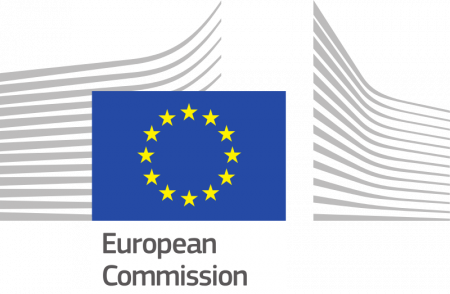
The European Commission is currently conducting a public survey to better understand end users’ needs for online tools in the field of skills and qualifications. This survey will help shaping the future developments of existing European tools and services related to education and employment.
Individuals, organisations and other stakeholders such as job-seekers, pupils/students, workers, employers, education or training providers and guidance and counselling advisors are all welcome to participate.
The survey is available in English, Spanish, Portuguese, French, Italian, German and Romanian and is open until 18 June 2017.

European Semester Report 2017
'Connecting Europe with local communities'
European Social Network ESN
The latest report from ESN’s Reference Group on the European Semester in 2016 is avalable. This publication features 25 European Member States, who each highlight the relevant challenges faced by local social services in their own context.
Download the report on the website of European Social Network
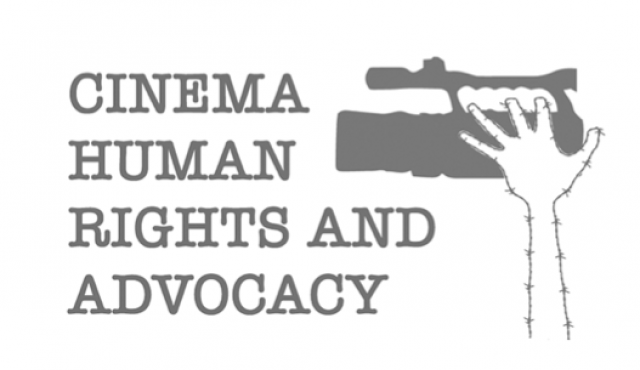

Summer School in Cinema Human Rights and Advocacy
The Summer School in Cinema Human Rights and Advocacy is a training initiative jointly organised by EIUC and CHRA. The 7-day intense programme is aimed at young professionals wishing to broaden their understanding on the connections between human rights, films, digital media and video advocacy.
The School provides a unique occasion for participants to share ideas and foster critical thinking on urgent human rights issues, debate with experts and filmmakers in conjunction with the 74th Venice international Film Festival, and learn how to use films as a tool for social and cultural change. Participants will be given a free Cinema accreditation to the Film Festival providing access to a selection of festival screenings.
New report shows it’s time to change:
Adapting behaviours for a sustainable and healthy Europe
The state of the environment, our health, and levels of social equity are closely interrelated. The role that individual behaviours play in moving to more sustainable societies has been under-emphasised and can be a powerful entry point for change. Many measures to protect the environment also improve our health and at the same time reduce inequalities, but work is needed to fully harness and develop the combined benefits.
These are some of the findings presented in the INHERIT Baseline Report launched today, which investigates the links between behaviour, health, environmental and social resilience. The report looks at what can be done to encourage lifestyles, which protect the environment and promote health equity by focusing on the way we live, move, and consume. It is based on a review of scientific literature and framed by the INHERIT model which is presented in the report.
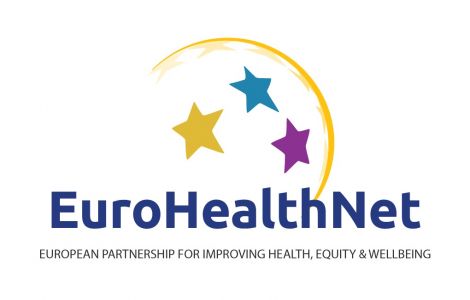
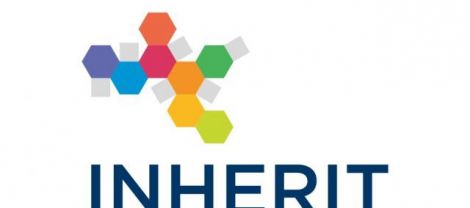
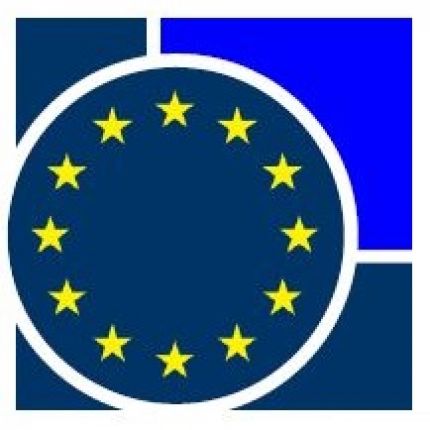
Read:
The Odysseus Academic Network Newsletter
April 2017
In this newsletter:
1. Odysseus Summer School 2017
1.a PhD Seminar with 4 Grants | Séminaire doctoral avec 4 bourses
1.b Scholarships for Refugees at the Odysseus Summer School
2. The Odysseus Network Annual Conference 'Beyond 'Crisis': The State of Immigration and Asylum Law and Policy'
3. The 2017 Odysseus Network Prize
Read:
The EU-Compass for Action on Mental Health and Well-being Newsletter
Issue 3, 24th February 2017
In this edition:
// Foreword by Caroline Costongs, Director EuroHealthNet
// Mental Health Policy Consortium update
// In the Mental Health Spotlight
// Mental health activities in Europe
// Forthcoming events
// Mental health news in brief
